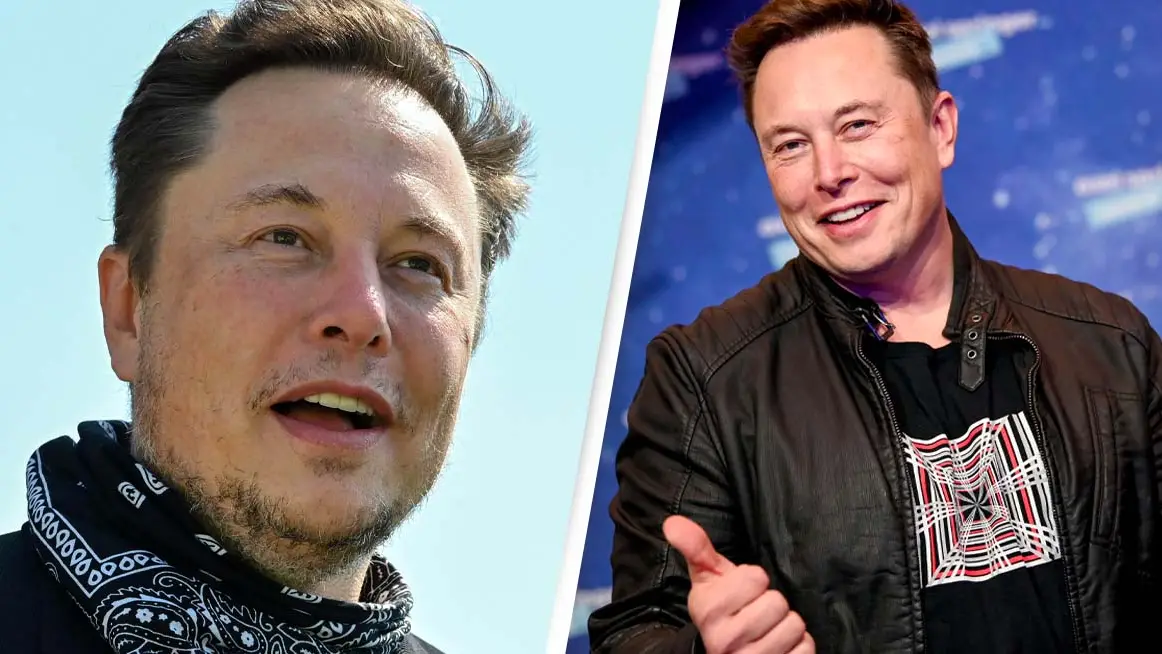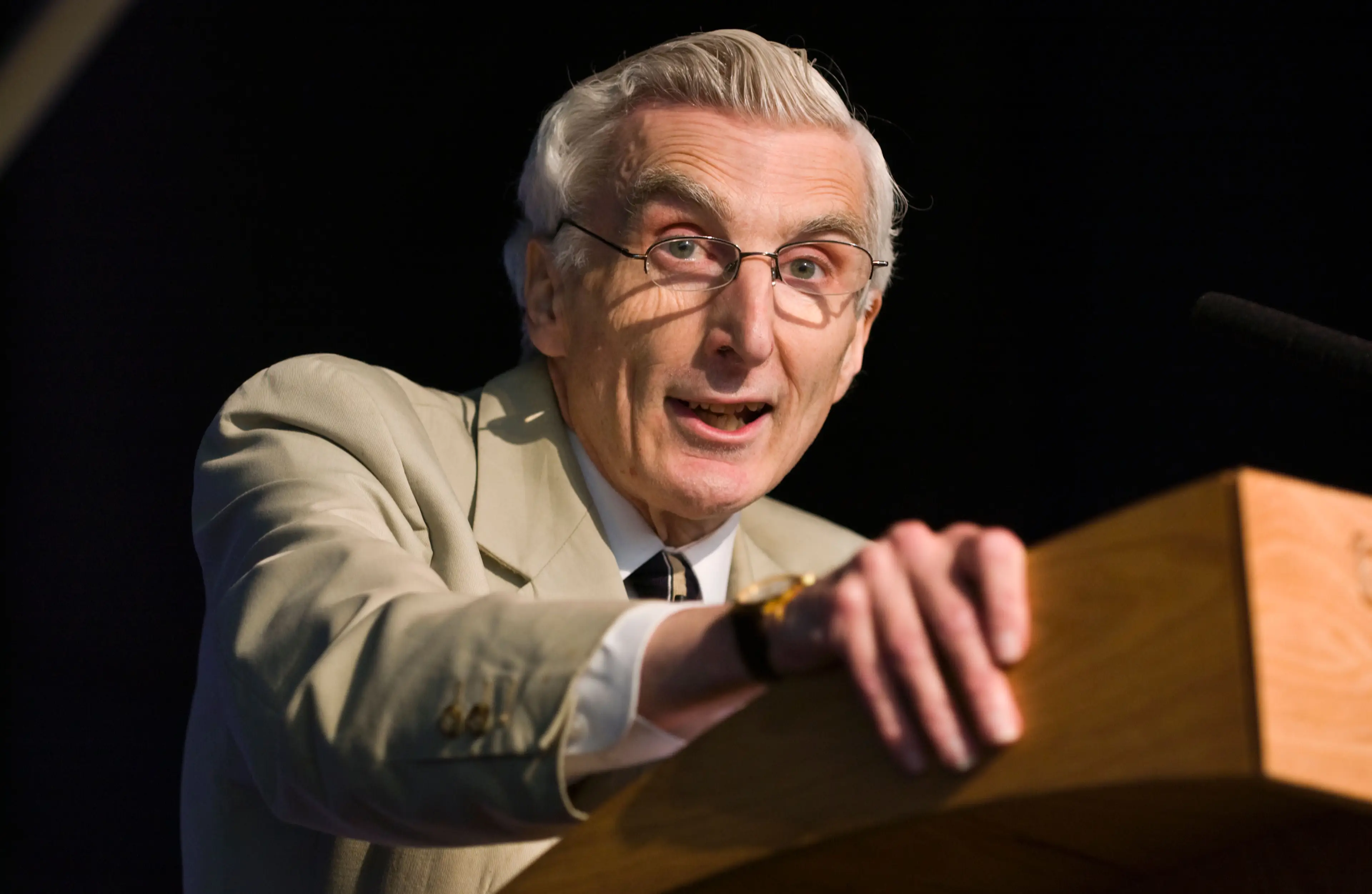
Professor Lord Martin Rees, astronomer royal, has called Elon Musk's plans to colonise Mars a 'dangerous delusion'.
Musk has long put forth the idea of colonising Mars, with a series of tweets this past November confirming his ambition is still very much there.
However, leading astronomer Lord Rees has thrown a spanner in the SpaceX founder's works, calling the potential colonisation a 'dangerous delusion' and making David Bowie's song 'Life On Mars' way less fun.
Lord Rees has occupied the position of astronomer royal since the mid-90s, with the expert's opinion being valued across the country.
Speaking with astrophysicist Dr Neil deGrasse Tyson, the pair weren't convinced by Musk's plan.
Advert
Musk has previously tweeted that it is 'possible to make a self-sustaining city on Mars by 2050, if we start in five years & take 10 orbital synchronizations'.

To this idea, Lord Rees responded: "The only reason for humans to go to space would be for adventure. To live on Mars is not going to be easy. Mars has a hostile environment.
"The idea of Elon Musk to have a million people settle on Mars is a dangerous delusion. Living on Mars is no better than living on the South Pole or the tip of Mount Everest."
Dr deGrasse Tyson also shared his view, noting that the logistics of shipping 'a billion people to another planet to help them survive a catastrophe on Earth seems unrealistic'.
"If you want to call Mars home, you need to terraform Mars, turn it into Earth."
Musk had previously stressed the importance of interstellar travel and the potential of colonising other planets to avoid direct hits from meteors and comets.
The tech mogul tweeted last November: "Earth has been and will be smashed super hard by meteors over time. Not a question of if, just when."
In another tweet, he added: "Becoming multiplanetary is one of the greatest filters. Only now, 4.5 billion years after Earth formed, is it possible. How long this window to reach Mars remains open is uncertain. Perhaps a long time, perhaps not. In case it is the latter, we should act now," Musk proceeded to note.
While the matter seems pressing for Musk, the leading scientists stressed the importance of 'exploration' as the driving force of space travel.
"There is no force on Earth as potent as the exploration of space that impacts our thoughts and ambitions. Thinking about the future is half of what drives the future," Dr deGrasse Tyson noted.
"Space will always remain as an inspiration for young people and it is an area we need to support."
If you have a story you want to tell, send it to UNILAD via [email protected]
Topics: Elon Musk, Life, Science, Space, Technology